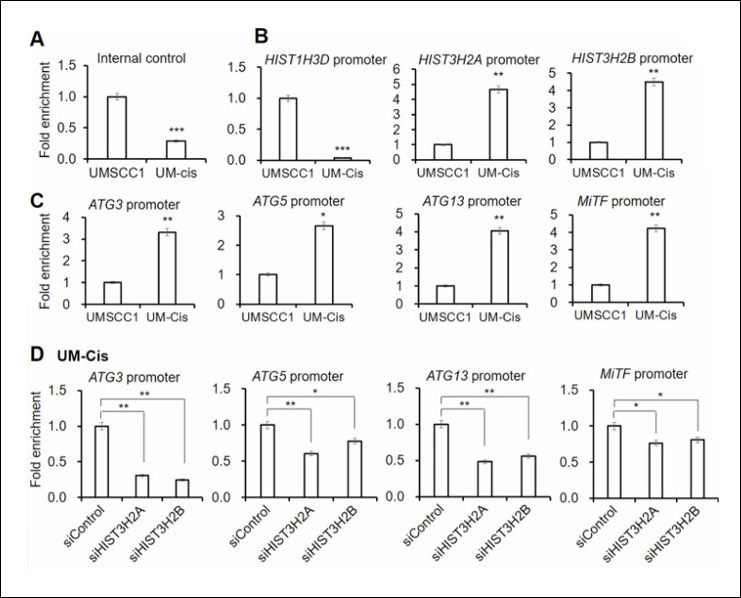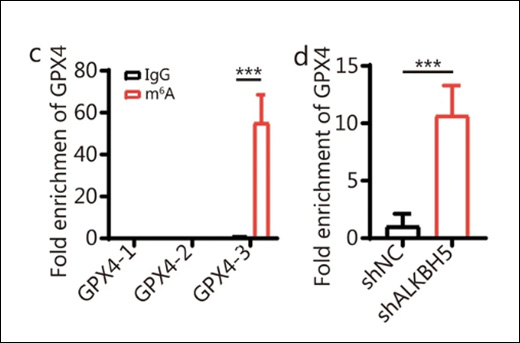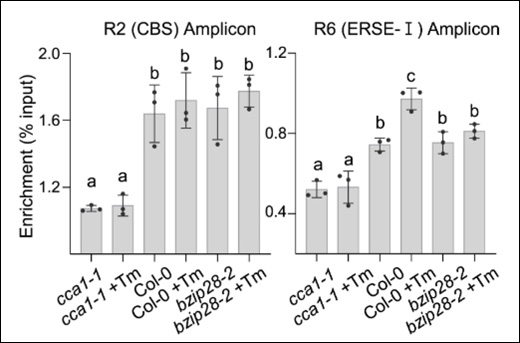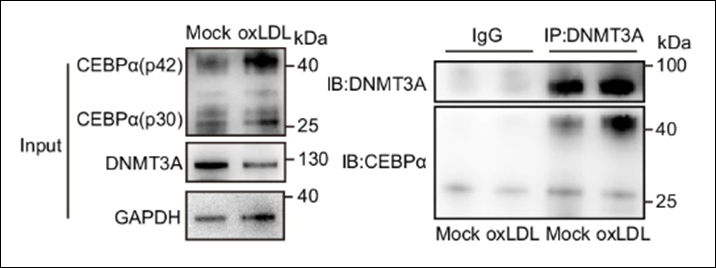Dysregulation of DNA methylation has been implicated in cancer and other human diseases, making 5-methylcytosine (5-mC) an important target for clinical purposes. Highly specific capture and enrichment of 5-mC DNA would undoubtedly provide an advantage for convenient and comprehensive identification of the methylation status of normal and diseased cells that may lead to the development of new diagnostic and therapeutic methods.
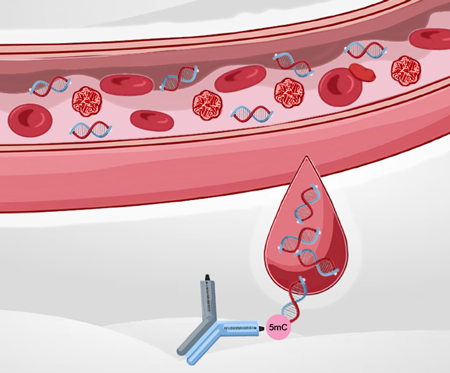
Methylated DNA Immunoprecipitation (MeDIP) for 5-mC DNA Enrichment
Methylated DNA Immunoprecipitation (MeDIP) offers a simple and cost-effective approach for enriching 5-mC DNA. In a typical MeDIP assay, genomic DNA is first sheared into smaller fragments. The fragmented DNA is incubated with an anti-5-mC antibody, which selectively binds to methylated cytosine residues in the DNA fragments. The antibody-DNA complexes are isolated, and the DNA is then released from the complexes and purified. The enriched 5mC-containing fragments can be examined to map DNA methylation patterns across the genome or at defined loci.

Role of Circulating Cell-Free DNA (cfDNA) in Clinical Applications
Circulating cell-free DNA (cfDNA) has proven quite useful in various clinical applications, in particular, the diagnosis of cancer from tumor cfDNA in liquid biopsies. These DNA fragments are released into the bloodstream from dying cells and can come from normal cells during physiological cell turnover as well as from tumors. cfDNA is increasingly used in medical diagnostics and research, serving as a valuable tool in modern medicine by providing a non-invasive and real-time means to gather important genetic information about an individual's health. Unlike traditional biopsies, which require an invasive tissue sample, liquid biopsies involve a simple blood draw. By analyzing the cfDNA in these liquid biopsies, doctors can identify tumor-derived methylation patterns, allowing for early cancer detection and monitoring of treatment response.
Advantages of MeDIP in cfDNA Methylome Profiling
Whole-Genome Bisulfite Sequencing (WGBS) and Reduced-Representation Bisulfite Sequencing (RRBS) are commonly utilized for genome-wide DNA methylation profiling. However, the substantial cost and DNA degradation associated with these techniques are less than suitable for the low quantity and sheared nature of cfDNA. MeDIP offers a bisulfite-free approach to profiling cfDNA methylomes that is sensitive, low input, and cost-efficient. Indeed, MeDIP coupled with sequencing has been employed in detecting different cancers, including renal cell carcinoma, neuroendocrine prostate cancer, and colorectal cancer via cfDNA methylome evaluation of liquid biopsies.
Optimizing MeDIP for Sensitive and Specific Methylated DNA Capture
To effectively and specifically capture methylated DNA for sequencing analysis, an ideal MeDIP method requires maximum sensitivity with minimal background signals. Current MeDIP methods, represented by most commercially available kits, have significant weaknesses: highly non-specific enrichment; time-consuming; labor-intensive; and low throughput. EpigenTek’s EpiQuik™ MeDIP Ultra Kit is designed to address these issues. The kit has the following advantages and features:
- Low DNA input requirement (can be as low as 50 ng per reaction).
- Extremely fast and convenient procedure, which can be completed within 3 hours.
- Optimized buffers and reaction conditions allow minimal background and high reproducibility.
- Includes a highly specific anti-5mC monoclonal antibody that can strongly bind both single and double-stranded DNA fragments containing 2 or more 5-mCs, enabling highly sensitive enrichment of methylated DNA with >99% specificity.
- Strip-well microplate format makes the assay flexible for either manual or high-throughput processing.
- Includes spin columns and collection tubes for DNA purification, saving time and reducing labor.
- Compatible with various downstream analysis workflows, including PCR, microarray, and sequencing.
EpigenTek also offers immunoprecipitation kits for other popular DNA and RNA methylation targets, including 5-hydroxymethylcytosine (5-hmC) and N6-methyladenosine (m6A).
References
- Shen SY, Singhania R, Fehringer G, et al. Sensitive tumour detection and classification using plasma cell-free DNA methylomes. Nature. 2018;563(7732):579-583. doi:10.1038/s41586-018-0703-0
- Shen SY, Burgener JM, Bratman SV, De Carvalho DD. Preparation of cfMeDIP-seq libraries for methylome profiling of plasma cell-free DNA. Nat Protoc. 2019;14(10):2749-2780. doi:10.1038/s41596-019-0202-2
- Nuzzo PV, Berchuck JE, Korthauer K, et al. Detection of renal cell carcinoma using plasma and urine cell-free DNA methylomes. Nat Med. 2020;26(7):1041-1043. doi:10.1038/s41591-020-0933-1
- Berchuck JE, Baca SC, McClure HM, et al. Detecting Neuroendocrine Prostate Cancer Through Tissue-Informed Cell-Free DNA Methylation Analysis. Clin Cancer Res. 2022;28(5):928-938. doi:10.1158/1078-0432.CCR-21-3762
- Zhang X, Li T, Niu Q, et al. Genome-wide analysis of cell-Free DNA methylation profiling with MeDIP-seq identified potential biomarkers for colorectal cancer. World J Surg Oncol. 2022;20(1):21. doi:10.1186/s12957-022-02487-4




 Cart (0)
Cart (0)






